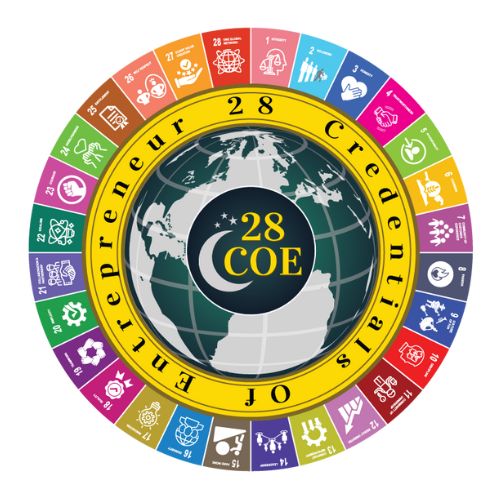Ethical Dilemmas in Personal Finance and Integrity
In a world increasingly driven by wealth and consumption, where does one draw the line between financial success and ethical integrity?
We live in an era of fast-paced financial decisions. From investments to side hustles, credit choices to cryptocurrency, every transaction is not just a monetary action—it’s a reflection of our moral compass. While financial freedom is a noble pursuit, it is often entangled with ethical dilemmas that test our values, character, and conscience. This is not just a matter of numbers. It’s about who we are becoming in the process.
Why Should We Care?
Because every financial decision we make, whether big or small, silently molds our character. A hidden shortcut here, a white lie on a loan application there—it all accumulates. Over time, this can result in a grave disconnect between our public image and private values.
The urgency to talk about ethical dilemmas in personal finance has never been greater. Our generation is witnessing increasing financial literacy, but not necessarily a parallel rise in financial integrity. And this gap? It’s costing us—socially, spiritually, and emotionally.
The Common Ethical Dilemmas in Personal Finance
Let’s not sugarcoat the truth. These dilemmas are real. They’re happening in our homes, businesses, and within ourselves:
-
Misreporting income to evade taxes: A seemingly harmless action that contributes to national decay.
-
Taking on debt with no intention of repayment: Not only unethical but destructive.
-
Exploiting loopholes in financial aid or insurance policies: Legal doesn’t always mean ethical.
-
Engaging in get-rich-quick schemes that exploit others: Fast money often comes with hidden chains.
-
Choosing profit over people: Whether as entrepreneurs or consumers, we are accountable.
Financial Integrity: A Foundation, Not a Feature
Financial integrity means more than avoiding fraud—it means staying true to your principles, even when no one is watching. It’s about transparency, accountability, and the strength to walk away from a lucrative offer that compromises your core values.
Ask yourself:
Would I be proud to share every financial decision I’ve made with my children? Would I advise someone else to do what I just did?
What’s at Stake?
-
Trust: Once lost, nearly impossible to regain.
-
Reputation: Built over decades, destroyed in minutes.
-
Mental Peace: Financial dishonesty may seem like a shortcut, but it’s a fast track to guilt, anxiety, and stress.
-
Relationships: Money-related lies often rupture families, friendships, and partnerships.
-
Society: When individuals cut ethical corners, society pays the price.
How to Tackle Ethical Dilemmas in Personal Finance
1. Establish a Personal Finance Code of Ethics
Define your boundaries in advance. Write them down. Stand by them. Let this code guide your financial decisions the way laws guide a nation.
2. Seek Financial Education with an Ethical Lens
Most financial advice focuses on what works. Few focus on what’s right. Learn both. Balance the tactical with the moral.
3. Think Long-Term, Always
Shortcuts often lead to dead ends. Ethical decisions may not always yield quick wins, but they build enduring legacies.
4. Choose Accountability Partners
Surround yourself with people who will hold you to higher standards, not those who normalize compromise.
5. Reflect Regularly
Before every major financial decision, ask:
-
Is this honest?
-
Does this align with my values?
-
Will this hurt someone else?
A Call to Action
We are the stewards of the next generation’s mindset.
If we normalize cheating in taxes, cutting corners in contracts, or chasing unethical profits, our children will inherit these behaviors as acceptable norms. We must do better.
This is not just about being financially smart. It’s about being human. Being ethical in personal finance is not optional—it is essential. Because the way you earn and manage money ultimately shapes your legacy, not just your lifestyle.
Act Now: Time is of the Essence
-
Review your last 10 financial decisions: Were they in line with your values?
-
Speak about financial integrity: In homes, schools, boardrooms—start the dialogue.
-
Lead by example: Whether you are an employee, employer, student, or entrepreneur.
The world is watching, but more importantly, your conscience is.
Conclusion: You Can Be Ethical and Successful
There is no need to compromise your values for wealth. Ethical success may demand more patience, more resilience, and more intentionality—but it brings peace, pride, and purpose.
In a world full of opportunities to choose the easy wrong, be the one who chooses the hard right. The journey begins today.

